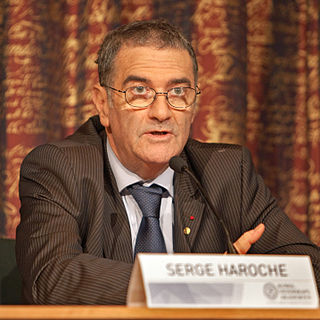A Quote by Emily Barton
One of the things that's exciting for me about this novel is that, to me, Brookland and The Testament of Yves Gundron were both, in certain regards, crypto-steampunk. They're both books that are interested in an alternate technological past that in fact didn't historically come to pass. If you were to ask me what my novels were about, I would say, well, these are novels about technology and how we relate to technology and what technology means.
Related Quotes
Both instruments are processors of information. Both appeared when nothing quite like them had existed before, and both began to make their effects felt immediately (a situation that isn't invariable with new technology). Both devices were less the result of a single breakthrough than of an evolving set of technologies. Like the computer, the printing press had no one certain inventor; it was a technology whose time had come.
Technology for me is discover, learn, evolve and implement. It combines 3Ss- speed, simplicity and service. Technology is fast, technology is simple and technology is a brilliant way to serve people. It is also a great teacher. The more we learn about technology and the more we learn through technology, the better it is.
We have to do away with a false and misleading dualism, one which abstracts man on the one hand and technology on the other, as if the two were quite separate kinds of realities.... Man is by nature a technological animal; to be human is to be technological.... When we speak of technology, this is another way of speaking about man himself in one of his manifestations.
One of the fantastic things about Silicon Valley is that it's both the birthplace of technology and it was one of the birthplaces of the counterculture. The Internet and the personal computer were going to be like the communes, where we would all be networked together, and we would be able to achieve this state of global consciousness.
I'm old enough to remember the advent of CD. You thought, "What's this piece of space age technology that's in front of me?" Now I ask, "When's the last time you bought a CD?" You see things come and you see things go, and you have to be on your toes and be nimble and stay with it, or you die. It's exciting. I love technology.
I'm not a big believer in revolutions. What people call revolutions in technology were more of a shift in perception - from big machines to PC's (the technology just evolved, fairly slowly at that), and from PC's to the internet. The next "revolution" is going to be the same thing - not about the technology itself being revolutionary, but a shift in how you look at it and how you use it.
I am extraordinarily fascinated by the future of technology. We are in the early infancy of technology, and we have an opportunity to guide how technology develops and integrates into our lives. I talk a lot about the 'invisible interface,' or the idea that we can utilize technology without being absorbed into a screen.
As well as Japanese animation, technology has a huge influence on Japanese society, and also Japanese novels. It's because before, people tended to think that ideology or religion were the things that actually changed people, but it's been proven that that's not the case. Technology has been proven to be the thing that's actually changing people. So in that sense, it's become a theme in Japanese culture.





































